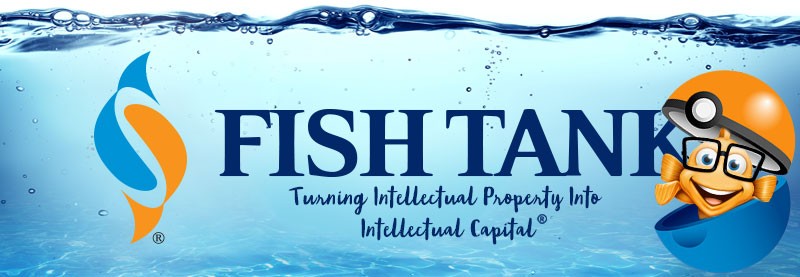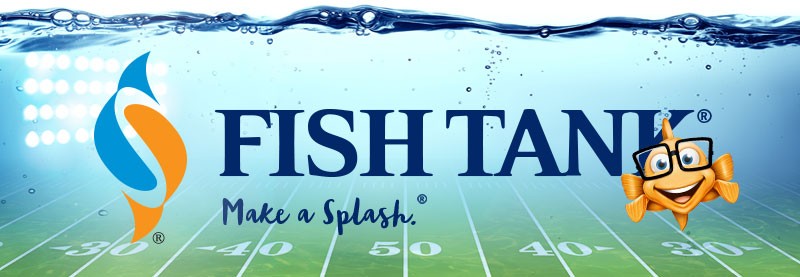Intellectual Property Insights from Fishman Stewart
Mini Article – Volume 23, Issue 2
Share on Social

Public Service Annoucement: No. Mailing Something to Yourself is Not a Substitute for Copyright Registration or a Patent.
A common intellectual property “urban legend” is that mailing something to yourself is legally equivalent to a copyright registration or a patent. This practice is often called the “Poor Man’s Copyright” or “Poor Man’s Patent” and the idea has been around for a long time.
The theory is that mailing a copy of a work or invention to yourself will provide you with certain legal rights akin to a copyright registration or a patent so long as the envelope remains sealed and bears a postmark by the United States Postal Service. Another variation of this theory is that documenting the work or invention and having the document notarized will grant similar legal protection.
There is no provision under U.S. law that supports these theories, and they are not a substitute for registration with the U.S. Copyright Office or obtaining a patent with the U.S. Patent and Trademark Office. A mailed or notarized copy may be evidence that a work or invention was in your possession on a certain date, but it does not prove that you hold the rights to the work or invention.
Thus, if you’re thinking about mailing something to yourself about your work or invention, whatever value might result from such a tactic may not be worth the cost of the stamp.
Kristyn Webb is the Group Leader of Fishman Stewart’s Copyright Practice Group, and is currently earning a Master’s Degree in Copyright Law at King’s College London.

Published January 25, 2023


Related Content from Fishman Stewart
In a recent decision, the U.S. Court of Appeal for the Eighth Circuit affirmed a jury verdict holding that the use of the "Success Kid" meme by a congressman's reelection campaign for fundraising purposes did not qualify as fair use.
In February 2024, proposed legislation was introduced in US House of Representatives which would extend copyright protection to golf courses. The bill is titled “Bolstering Intellectual Rights against Digital Infringement Enhancement Act” or the “BIRDIE Act”.
June is Pride Month, which honors the 1969 Stonewall Uprising in Manhattan and recognizes the impact that lesbian, gay, bisexual, and transgender (LGBTQ+) individuals have had on history locally, nationally, and internationally. The United States Patent and Trademark Office flies the Pride Flag and promotes the Pride community’s contributions with programming offered annually.
June is Pride Month. This year we are celebrating with some IP tips for drag performers! Drag performers can protect their intellectual property by registering the copyrights in their original works of music, choreography, and comedy sketches.
You’re rarely more than a few yards from Finny’s favorite chips, semiconductor chips to be precise. But what exactly is a semiconductor chip?
"May the 4th Be With You," also known as Star Wars Day, takes place annually on May 4th. The phrase is a pun on the iconic Star Wars catchphrase "May the Force be with you."
First, a big “thank you” to all our readers who have given feedback on our newsletter. We appreciate your interest and insights. It is always a treat to hear from you! Second, we wanted to provide you with updates on some of our most popular articles
“Palworld”— a computer game created and published by Japanese developer Pocket Pair. Released as an early access game in January 2024, it sold over seven million copies on the computer platform Steam in the first five days and had nearly 20 million players in the first two weeks.
This year’s Super Bowl featured a thrilling overtime victory for the Kansas City Chiefs over the San Francisco 49ers. With estimates as high as 123 million viewers, America's premier sporting event also serves as a grand stage for creativity and intellectual property protections that enhance the game’s success.
Valentine’s Day is just around the corner and jewelry sales are usually around $6 billion USD in the United States alone. In 2021, the US Customs and Border Protection agency seized over $1 billion USD worth of counterfeit pieces of jewelry.
IDENTIFYING, SECURING AND ADVANCING CREATIVITY®











